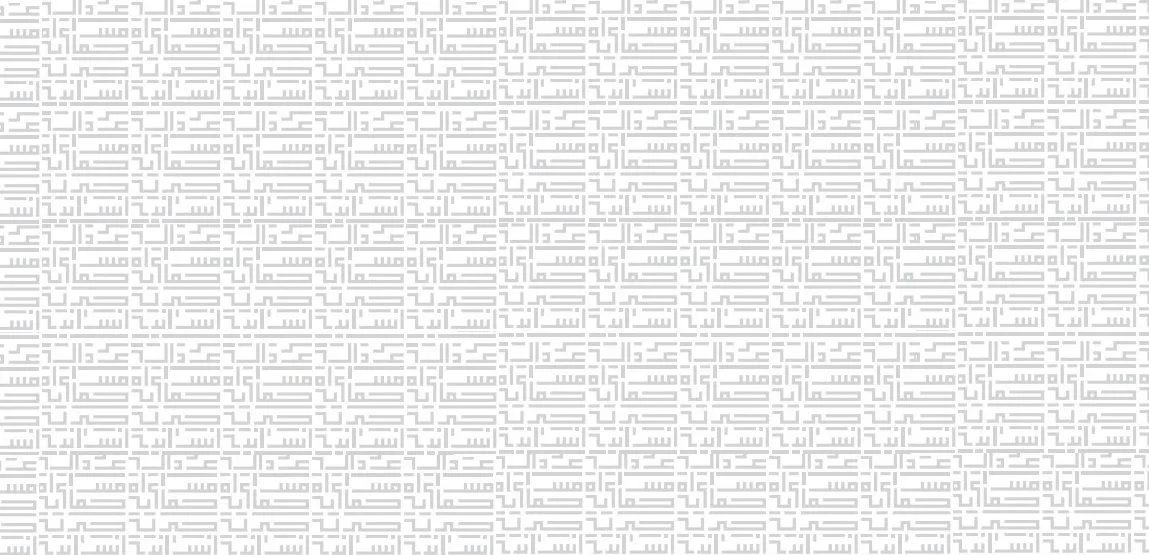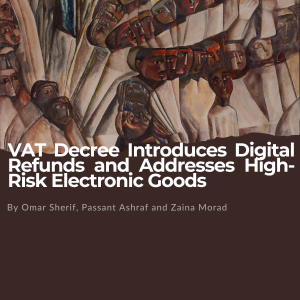On April 2nd, 2019, the Executive Regulations (the “Regulations”) of the new Consumer Protection Law No. 181 of 2018 were issued (the “CPL”).
The CPL replaces the previous Consumer Protection Law No. 67 of 2006, providing more protection to consumers. Below are highlights of some of these new rights organized by the Regulations:
Informed Consumers
The Regulations ensure that consumers are provided with unambiguous and complete information about products including their lifetimes and guarantee periods. Suppliers must also indicate if a product might jeopardize the health and safety of consumers along with mentioning the correct way of using a product to avoid such adverse effects. Unlike the previous Executive Regulations of Law No. 67 of 2006, these new Regulations oblige suppliers to provide all such information and not just some of it.
Mandatory Invoicing
Unlike the previous Executive Regulations of Law No. 67 of 2006 that oblige suppliers to provide consumers with invoices only upon their request, the new Regulations make invoicing obligatory regardless of consumer requests or not.
The Regulations force suppliers to state any new information on invoices such as product lifetimes, warranty periods of products covered by warranty, periods for returning products for refunds and replacement, how to contact the Consumer Protection Agency (the “CPA”), and the total price of products. At the same time, the Regulations allow less detailed invoices for products worth less than EGP 10 provided that the total invoice value does not exceed EGP 200.
Displaying Total Prices for Goods and Services
Suppliers must display total and final prices of any products or services including VAT, fees, and any other charges. This way, the Regulations prohibit suppliers from displaying misleading prices, allowing consumers to easily compare prices, and increase competitiveness in the market.
Returning Products within 14 Days without Stating Reasons
The Regulations give consumers the right to replace, or return for a full refund, any products within 14 days from receiving them. Contrary to the previous Executive Regulations of Law No. 67 of 2006, the new Regulations do not require products to be defective for consumers to be able to return or replace them.
One-month Period for Returning Defective Products
Consumers have the right to replace or return products for a full refund within 30 days in case that a product is defective or does not conform to specifications.
Competitions
The CPL imposes regulations on advertising for competitions. Accordingly, no competitions shall be advertised unless the CPA is notified of the specific details of a competition at least three days prior to its advertisement date. These details include the name and address of the entity advertising a competition, how a competition will be conducted, its target group, the duration of the competition, and how an entity will ensure equal opportunity for participants. Competitions may be suspended by CPA if they are not serious, fraudulent, discriminate against citizens, or violate the rules of public order.
Warranties
The new Regulations necessitate that suppliers guarantee durable goods against manufacturing defects for at least two years. They further state that if suppliers fail to repair durable goods within a period of 30 days for cars and 21 days for any other type of goods, they must replace products with new ones of the same kind and specifications. Additionally, if a defect in a product appears more than twice during the first year from the date of the consumer’s receipt of such a good, a consumer shall have the right to replace the product or ask for a refund without incurring any costs. Finally, all suppliers must provide service centers and original or authorized spare parts for imported or locally produced goods. They must also notify the CPA of the locations of their maintenance centers as well as the types of products that will be maintained by such centers.
Remote Contracting
The CPL regulates remote contracting including e-commerce via the internet, telephone, or by any others means. The new Regulations organize the relationship between suppliers and consumers in such contracts, and specify the information that suppliers must provide to consumers about themselves and their commodities before the conclusion of such contracts. In distance sale transactions, the new Regulations allow consumers to amend their orders within seven working days from the date of acceptance. Similar to buying products in person, consumers have the right to withdraw from remote contracts within 14 days, without needing to state any reasons. However, the provisions related to remote contracting shall not apply to financial and banking services, online plane ticketing, and accommodation bookings.
In conclusion, it is very clear that the CPL along with its Executive Regulations has heavily expanded the guarantees provided to ensure consumers are protected. However, whether consumers would effectively benefit from these guarantees or not depends on the ability of the Consumer Protection Agency to implement the new legislation.



